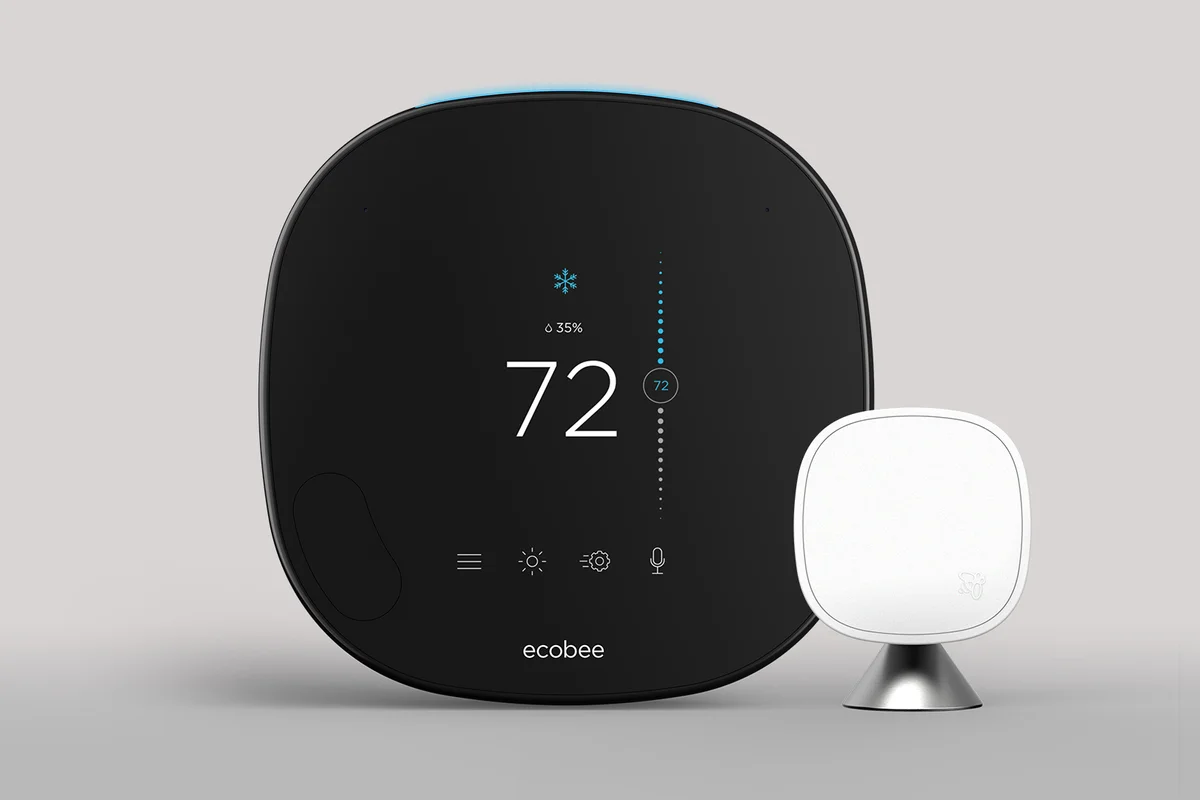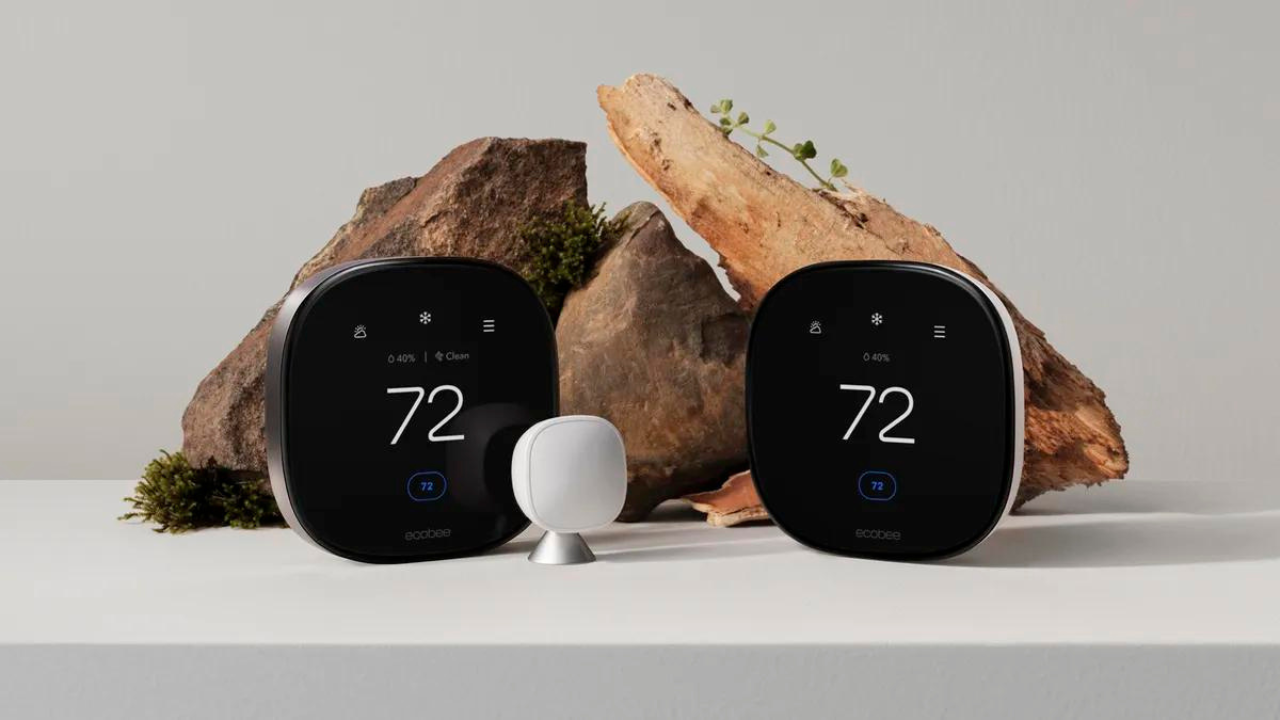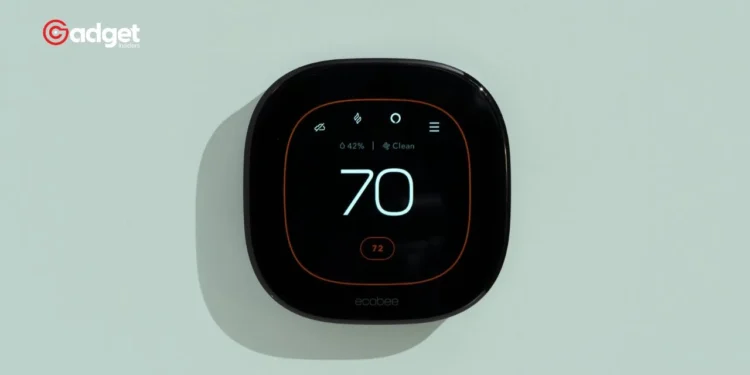After nearly two decades of operation, Ecobee has announced a significant shift in its product support, signaling the end of the road for its original smart thermostat. This move underlines the transient nature of connected devices in the rapidly evolving tech landscape.

The First of Its Kind: A Legacy Concludes
Launched in 2008, the Ecobee Smart Thermostat was a trailblazer in home automation. Debuting just a year after the iPhone’s introduction, it heralded a new era in energy management. Bryan Hurren, Ecobee’s VP of Product Design, emphasized the thermostat’s groundbreaking role, marking it as “the world’s first connected thermostat.”
Its introduction was followed by the Ecobee Energy Management System (EMS) in 2010, tailored for commercial use. Despite their discontinuation in 2013, these devices underscored a significant leap in smart home technology, predating competitors like the Nest Learning Thermostat over the years.
Why Support Is Ending
As of July 31, 2024, these pioneering devices will lose their smart capabilities, including remote control functions and integration with other smart systems—essentially reducing them to manual thermostats.
Hurren explains this decision as a necessity driven by “evolving technology standards and the challenge of supporting older hardware.” He acknowledges the frustration this may cause for long-time users but reassures that this decision wasn’t made lightly.

Offering a Path Forward
In response to the forthcoming changes, Ecobee is extending a generous offer to affected customers—a 30% discount on newer thermostat models.
This offer is applicable for up to 15 devices, a gesture that not only helps mitigate the impact of the transition but also encourages users to upgrade to more current, sustainable models that promise extended support and enhanced features.
The world's first smart thermostat, the Ecobee Smart is showing its age, and it's about to lose online support.https://t.co/nONOd8Ogw8
— TechHive (@TechHive) May 2, 2024
The Bigger Picture: Durability vs. Dependency
This development highlights a critical dilemma in the smart home industry: the balance between innovation and longevity. While smart devices offer considerable conveniences and efficiencies, their reliance on cloud services poses risks.
As Hurren points out, the potential for a company to “flip the switch” on support can render these advantages moot, a risk that consumers must weigh against the benefits of modernization.
Ecobee’s Ongoing Commitment
Despite the phase-out of the original smart thermostat and EMS, Ecobee continues to support other legacy models like the Ecobee 3, Smart SI, and EMS SI. Furthermore, the newer models, including the Ecobee3 Lite and Smart Thermostat Premium, remain unaffected and will continue to receive updates.
These models support local control options through platforms like Apple HomeKit, offering a safeguard against the potential discontinuation of cloud services. This strategy not only ensures operational longevity but also aligns with consumer interest in dependable, autonomous home ecosystems.
Navigating Change in the Smart Home Landscape
As we witness the sunset of Ecobee’s first smart thermostat, it’s a reminder of the continuous evolution in the tech world. Users must navigate these changes thoughtfully, balancing the allure of the latest features with the practicality of long-term reliability.
Ecobee’s approach—offering substantial discounts on newer models and maintaining support for newer technologies—reflects a commitment to their customers and a foresight in adapting to technological shifts. This strategy not only fosters brand loyalty but also sets a precedent in customer care within the technology sector.










